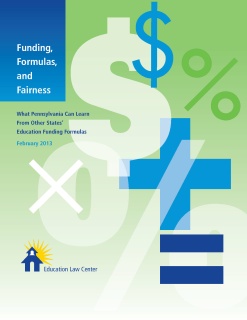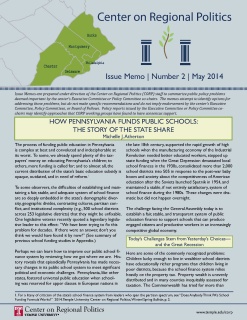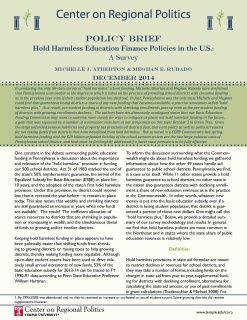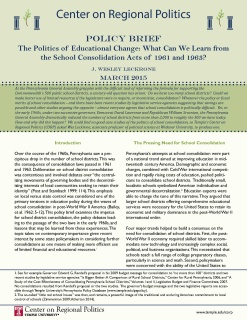Growth and Stability in Public School Revenue Sources: Can We Have Both?
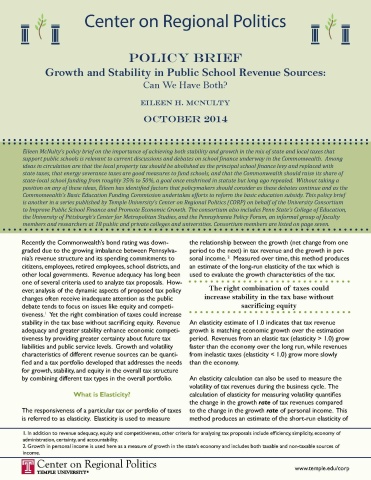
Eileen McNulty’s policy brief on the importance of achieving both stability and growth in the mix of state and local taxes that support public schools is relevant to current discussions and debates on school finance underway in the Commonwealth. Among ideas in circulation are that the local property tax should be abolished as the principal school finance levy and replaced with state taxes, that energy severance taxes are good measures to fund schools, and that the Commonwealth should raise its share of state-local school funding from roughly 35% to 50%, a goal once enshrined in statute but long ago repealed. Without taking a position on any of these ideas, Eileen has identified factors that policymakers should consider as these debates continue and as the Commonwealth’s Basic Education Funding Commission undertakes efforts to reform the basic education subsidy. This policy brief is another in a series published by Temple University’s Center on Regional Politics (CORP) on behalf of the University Consortium to Improve Public School Finance and Promote Economic Growth. The consortium also includes Penn State’s College of Education, the University of Pittsburgh’s Center for Metropolitan Studies, and the Pennsylvania Policy Forum, an informal group of faculty members and researchers at 18 public and private colleges and universities. Consortium members are listed on page seven.
